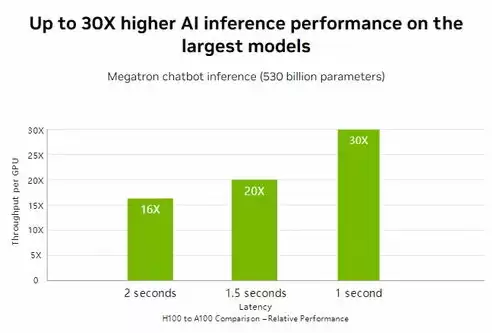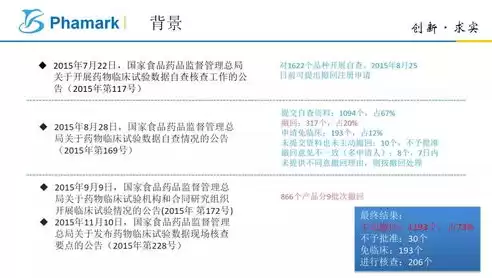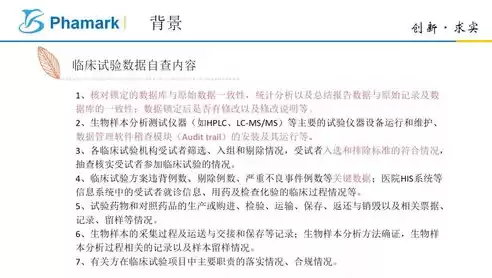Data Governance: A Long - Term Endeavor

图片来源于网络,如有侵权联系删除
Data governance is an essential and long - term task in the modern digital age. It encompasses a wide range of activities, from data quality management to data security and privacy protection.
I. The Complexity of Data Governance
Data is no longer just a by - product of business operations but has become a strategic asset. However, the sheer volume, variety, and velocity of data make data governance a complex affair. In today's enterprises, data comes from multiple sources such as customer transactions, social media, sensors, and internal systems. For instance, a large - scale e - commerce company may have data flowing in from its website (including customer browsing behavior, purchase history), mobile applications, and third - party logistics providers. Ensuring the consistency and accuracy of this data is a continuous challenge.
Data quality issues can be rampant. Inaccurate data can lead to wrong business decisions. For example, if a marketing department bases its customer segmentation on incorrect demographic data, the targeted marketing campaigns may fail to reach the right audience, resulting in wasted resources and lost opportunities. Data governance aims to address these issues through processes like data cleansing, data standardization, and data validation. However, these processes are not one - time fixes but need to be continuously monitored and improved as new data sources are added and business requirements evolve.
II. Data Security and Privacy in Long - Term Data Governance

图片来源于网络,如有侵权联系删除
Data security is another crucial aspect of data governance. With the increasing number of cyber threats, protecting data from unauthorized access, breaches, and malicious attacks is a never - ending battle. For example, financial institutions hold sensitive customer information such as bank account details and credit card numbers. A single data breach can not only cause financial losses to the customers but also severely damage the reputation of the institution.
Privacy regulations such as the General Data Protection Regulation (GDPR) in the European Union have added another layer of complexity to data governance. Companies need to ensure that they are compliant with these regulations, which means having proper mechanisms in place to obtain user consent for data collection, storage, and processing. This requires continuous review and adaptation of data governance policies and procedures. For example, a global software - as - a - service (SaaS) provider has to ensure that it meets the privacy requirements of different regions where its customers are located. This may involve different levels of data anonymization and different methods of handling user requests for data deletion.
III. The Evolution of Data Governance over Time
As technology advances, the scope of data governance also expands. The emergence of new technologies like artificial intelligence (AI) and the Internet of Things (IoT) brings new opportunities and challenges. AI algorithms rely on high - quality data to make accurate predictions. However, the interpretability of AI models and the potential biases in the data used by these models are new areas that data governance needs to address. For example, if an AI - based recruitment tool is trained on historical data that has gender or racial biases, it may lead to unfair hiring decisions.
IoT devices generate vast amounts of data. These devices may have different levels of security and data integrity. Data governance in the context of IoT involves ensuring the proper management of data from these devices, from the edge (where the devices are located) to the cloud. For example, in a smart city project, data from sensors placed in traffic lights, waste management systems, and environmental monitoring stations need to be integrated and governed effectively.

图片来源于网络,如有侵权联系删除
IV. The Role of People and Culture in Long - Term Data Governance
Data governance is not just about technology and processes; it also involves people and culture. Employees need to be aware of the importance of data governance and be trained to follow the relevant policies and procedures. A culture of data - driven decision - making should be fostered within the organization. However, changing the mindset of employees and getting them to embrace data governance can be a long - term process.
For example, in a traditional manufacturing company that is transitioning to a data - driven business model, employees may be resistant to new data - related processes such as data entry requirements for quality control. Management needs to communicate the benefits of data governance clearly, provide training, and create incentives for employees to participate.
In conclusion, data governance is a long - term work that requires continuous effort, adaptation, and investment. It is not a project with a definite end - date but an ongoing journey to ensure the quality, security, and value of data in an ever - changing technological and business environment.


评论列表